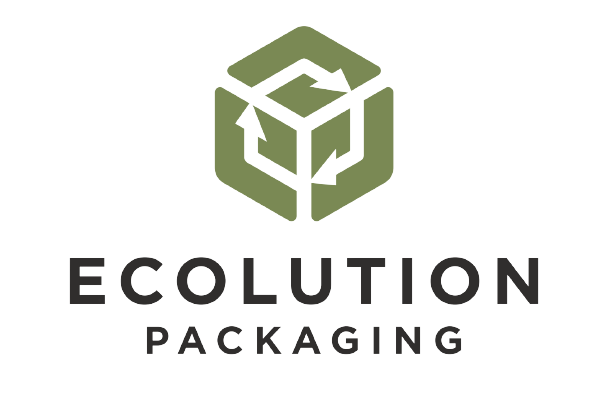The breakdown
There is a growing consumer demand for compostable packaging products- but what actually is it and why do we need it so bad?
Compostability means the product is biodegradable, non-toxic, can break down into water, biomass and carbon dioxide within 90 to 180 days and decompose fully into a natural fertiliser for soil and plants.
Why do we need compostable packaging now more than ever? Global waste production is projected to increase by 70% by 2050 according to the World Bank. Humans now produce an average of 2 billion tons of waste every year.
In Australia, approximately 50% of the rubbish people put in everyday waste bins could be better used in the garden as compost. 25 Council Audits conducted by EC Sustainable in 2011 found around 33% of household rubbish was food organics and about 10% is garden vegetation. In the US, the Environmental Protection Agency predicts that food scraps and yard waste currently make up more than 30% of what is thrown away and could be composted instead.
What is biodegradability vs compostability?
There is often confusion between biodegradability and compostability. Biodegradable materials aren’t necessarily compostable but all compostable materials are biodegradable.
Biodegradable packaging means it can degrade without oxygen by naturally occurring microorganisms and eventually turn into biomass, water and carbon dioxide. In comparison compostable packaging can fully decompose within 6 months but requires a specific setting in order to break down.
What is industrial compostable vs home compostable?
Industrial compostable packaging products must be disposed of in a designated industrial composting facility as the materials require above 55 degrees to biodegrade. Biodegradable plastic is an example of a material that can only be industrially composted as it requires a high level of heat to decompose. Home compostable products in contrast can be composted at home in a pile or in a compost bin- this includes all the components of the packaging, the adhesives and printing ink.
Brands shifting to compostable packaging
Alter Eco use a laminated stand-up pouch made from renewable, non-GMO plant-based materials for their quinoa products that are completely compostable. They also package their truffles with a compostable wrapper made from eucalyptus and birch trees.
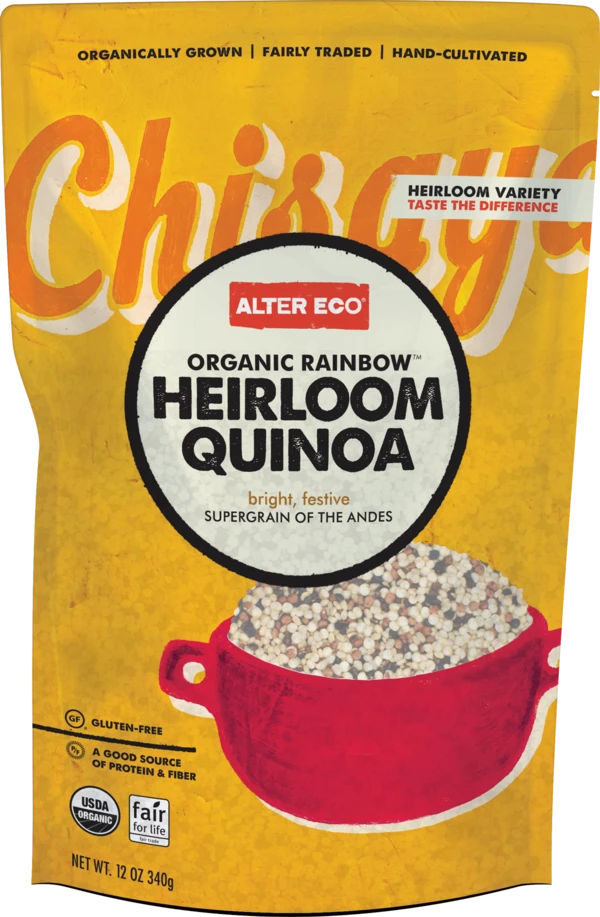
Don Maslow’s coffee is sold in certified compostable bags including compostable zippers and valves.

Their Chickpea Pasta and Chickpea Mac and Cheese range is packaged in 100% post-consumer recycled boxes, the inner liners are certified home compostable and made from sustainably sourced cellulose fibre.
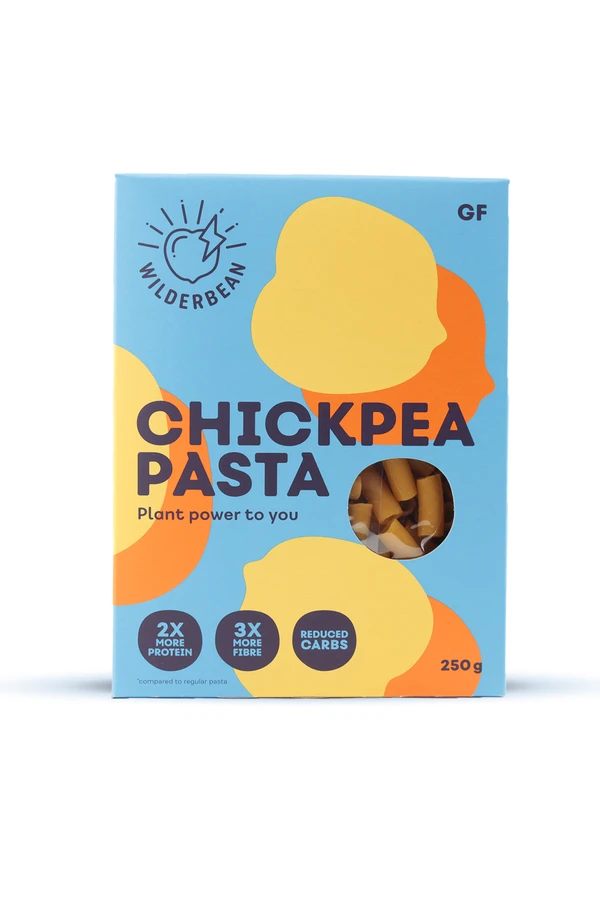
Loving Earth’s vegan chocolate bars are packaged with compostable film derived from woodpulp and non-GMO corn. They also use vegetable-based printing ink that is non-toxic to prevent compost contamination.
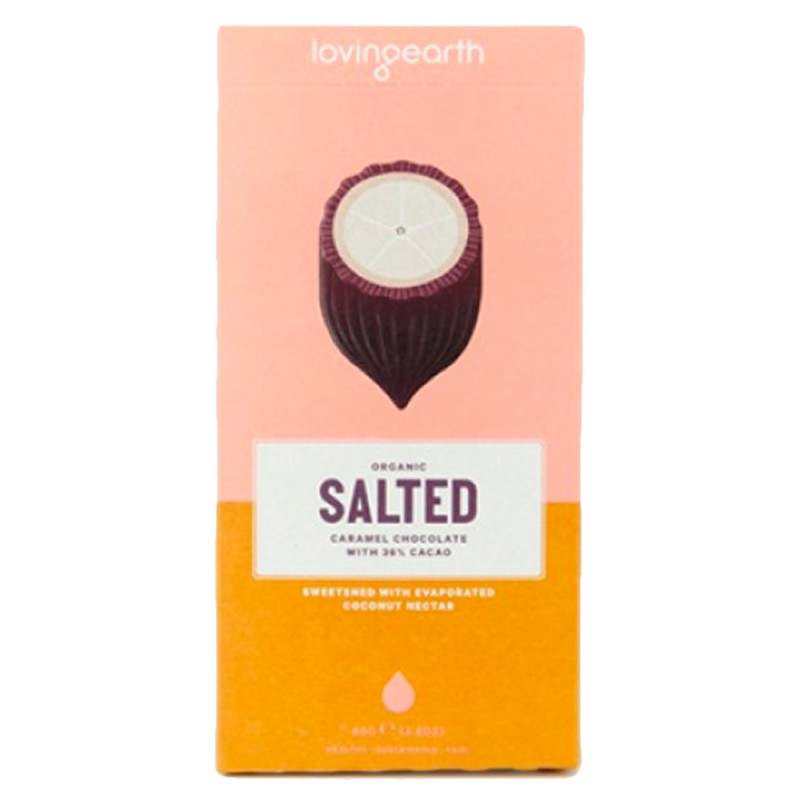
Some of our compostable packaging ideas
Need some compostable packaging inspo? Check out our compostable pouches, mailers and moulded fibre packaging.
Our compostable mailers are made from a combination of PBAT ( a fully compostable bio-based polymer) and PLA which is a biodegradable material derived from renewable plant materials such as corn starch. They break down into water, carbon dioxide and organic matter in a composting environment without any harmful microplastics and residues. They are the perfect packaging solution for E-Commerce brands with goods such as clothing, fashion accessories, cosmetics, books and a range of items!
These compostable mailers are certified home compostable according to the Australian standard AS5810 and International standard EN13432.
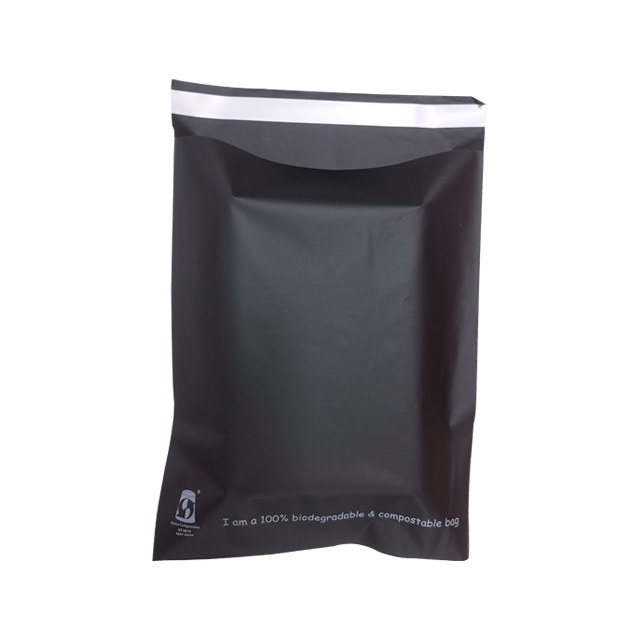
Our pouches are home compostable made from sustainably sourced wood pulp or bioplastic. The barrier layer is made from cellulose and brings the benefit of optimal protection against aroma loss of your goods. The paper for the outside layer of the packaging is FSC certified and so is responsibly sourced from environmentally managed forests. All of the materials including zips and valves are certified compostable so zips and valves don’t need to be removed to compost. They are the perfect compostable packaging solution for coffee or tea, organic foods, dry foods, confectionery and more!
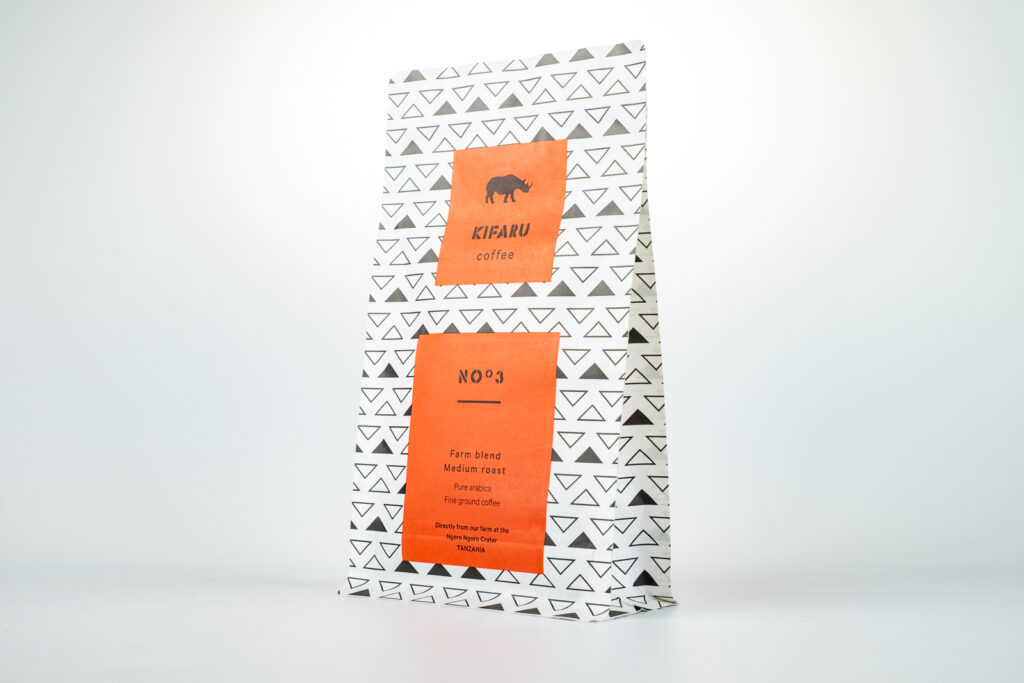
Our moulded fibre inserts and boxes are made from either recycled paper or natural fibres such as sugarcane bagasse, wheat straw and bamboo that are completely home compostable.
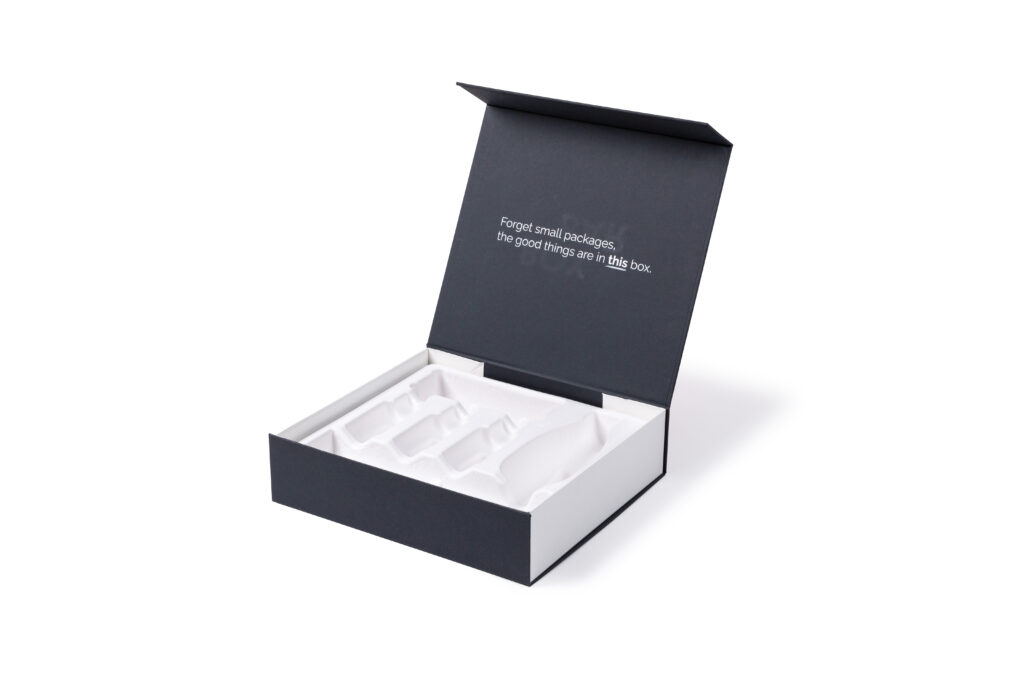
The benefits
By composting our packaging we are reducing waste being sent to landfill which can lower methane emissions and also enrich the earth’s soil. When added to soil, compost can filter out urban storm water pollutants by 60-95%. Compost also reduces or eliminates the need for chemical fertilisers.
